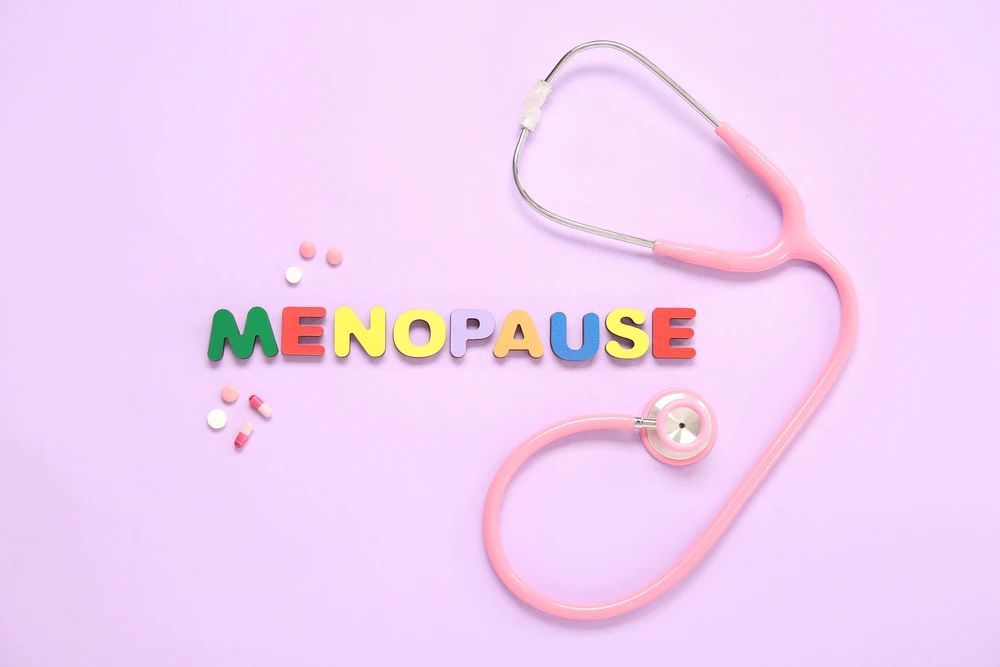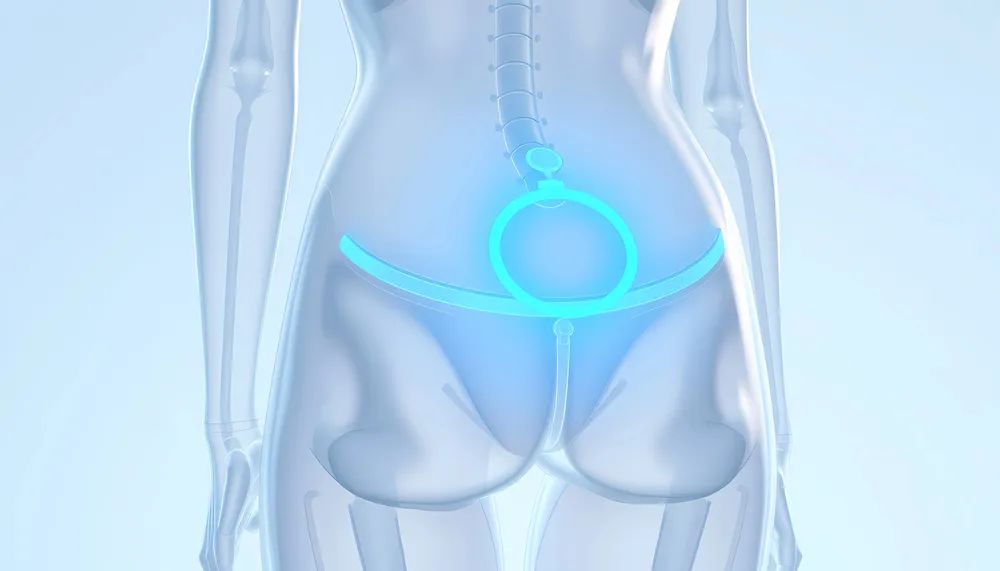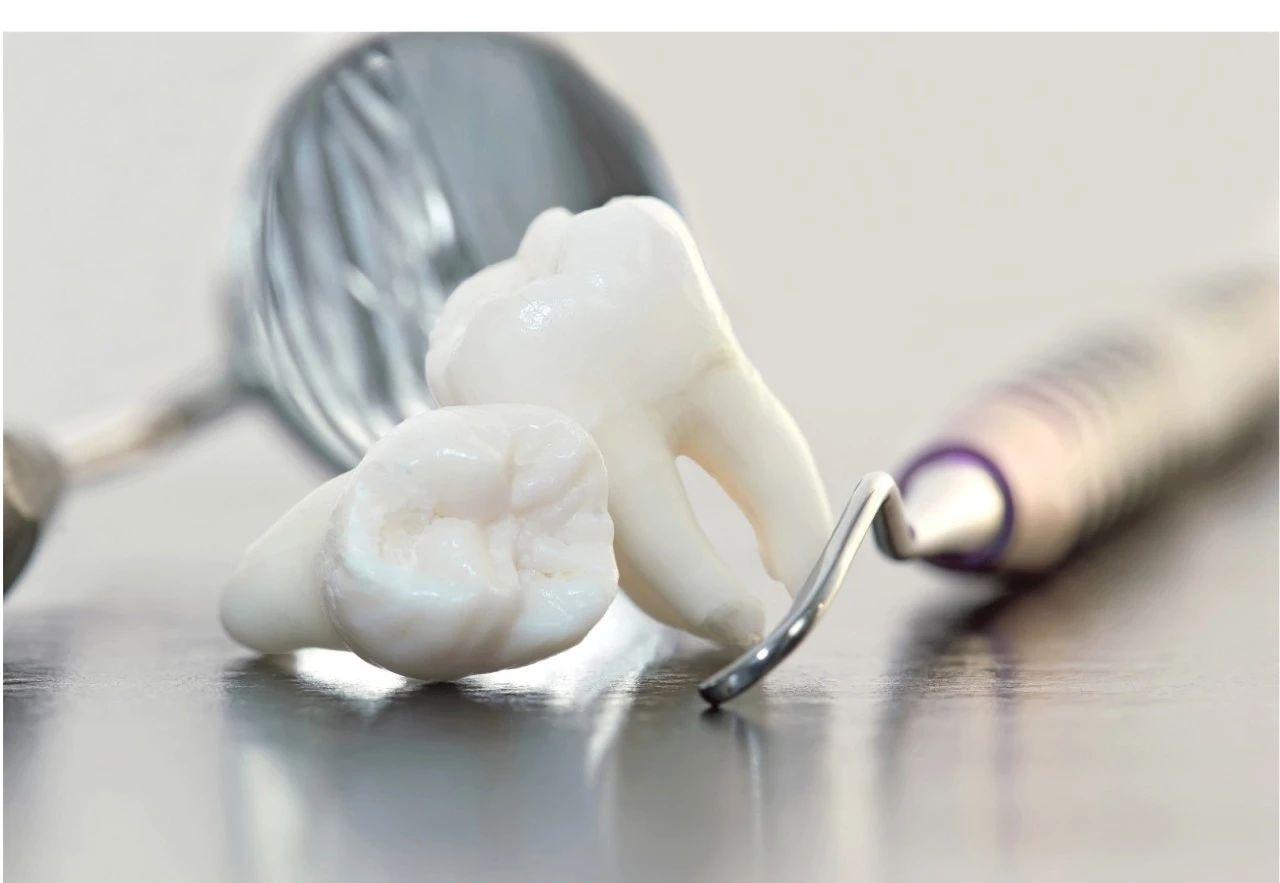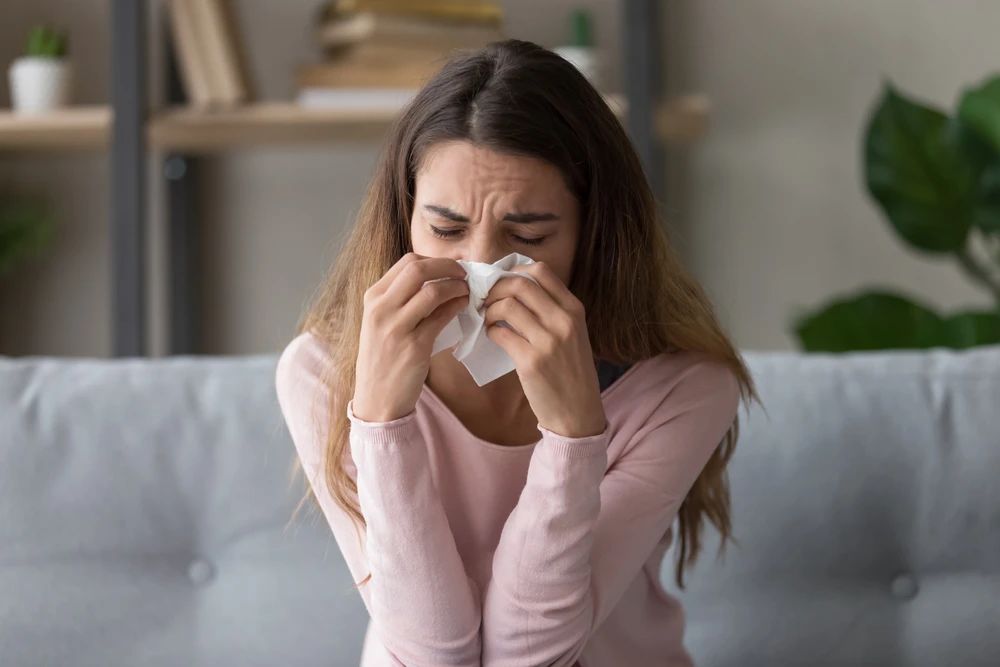Myth busted! 8 Common Myths About Breast Screening
2020-09-28
Here are 8 myths that we may believe in, hindering us from wanting to go for that life-saving mammogram.
1. Mammograms cause breast cancer
False. Some people believe that mammograms cause cancer or cause cancer to spread by compressing the breasts or exposing them to radiation. The truth is, breast compression will not cause harm to the breasts, and definitely cannot cause cancer!
While it is true that mammograms expose you to a definite amount of radiation, it is so low that any potential risks are negligible when compared to its preventive benefits. The amount of radiation from a mammogram is equivalent to roughly 2 – 3 months of background radiation for the average woman.
Mammograms are safe and remain as the key method for early detection of breast cancer, allowing for better survival rates and more treatment options if required. The benefits of going for one clearly outweigh the potential harm.
2. Monthly self-examinations are enough
False. As mentioned above, mammograms are the most effective way of detecting breast cancer early. Studies have found that self-examination alone does not reduce the number of deaths from breast cancer.
What can possibly help is for women to know how their breasts normally look and feel, bearing in mind that changes in the breast do occur due to various reasons: pregnancy, aging, menopause, menstruation, consumption of birth control pills or other hormonal changes. If you notice any unusual changes in your breasts, do go for a consultation with a specialist as soon as you can.
3. My mammogram last year was normal. I'm in the clear
False. Cancer can occur at any time, and that is why mammograms should be done regularly (annually for women between the ages of 40 – 49, once every 2 years for women between the ages of 50 – 60). Trials in history have shown a 33% decrease in death from breast cancer in women over 40 who had regular mammograms.
4. Mammograms are a sure way to tell if I have breast cancer
False. In reality, mammograms actually miss out on a small percentage of 10 – 20% of breast cancer. This is usually a result of dense breast tissue. The denser the breast, the higher the probability of cancer being hidden by breast tissue. This makes going for regular mammograms even more important.
Even if you have an abnormal mammogram, it doesn’t tell you for sure that it is cancer. A biopsy to remove some tissue must be performed in order to determine if the growth is cancerous.
However, despite the above, mammograms remain the most effective way of early detection of breast cancer, as it is able to detect small tumours 2 – 3 years before any lumps can be felt.
5. I have breast implants. I cannot go for mammograms
False. Women with breast implants can and should follow the same guidelines recommended by MOH. However, you might need to inform your doctor in advance. With implants, the screening process is made slightly more difficult, and ­­­­­special steps will have to be taken in order to take clearer x-rays.
6. I am under 40. I cannot go for mammograms
False. Routine screening is not recommended for women under the age of 40 for a few reasons. Firstly, women under 40 are at lower risk of breast cancer. Secondly, women under 40 tend to have denser breast tissue, rendering mammograms less effective. Lastly, regular mammograms for women under the age of 40 have not been found to lower deaths from breast cancer.
However, for those at high risk of developing breast cancer, it is possible to go for breast cancer screening with a doctor’s referral. According to the Singapore Cancer Registry report, you are at a higher risk if, besides being a woman and being above 40, you:
· Have a family member with breast cancer (Having a first-degree relative with breast cancer almost doubles your risk. If you have 2 close relatives with it, your risk increases about threefold)
· Have a past medical history of breast disease or ovarian cancers
· Started menstruation early
· Had your first child after the age of 30
· Never had children or have had fewer children
· Have been on hormone replacement therapy
· Have a sedentary lifestyle
7. Mammograms are extremely painful
False. During mammograms, the breast is compressed to spread the tissue apart in order to get a good image of the breast. Some might find this uncomfortable or painful, but it only lasts for a short amount of time. For women with sensitive breasts, schedule your mammogram at a time of the month when your breasts are less tender (avoid the week before your period) to lessen discomfort.
8. I feel healthy and fine. I am sure I don't have cancer
False. The fact is, cancer is not selective. It could happen to you or any of your friends, judging by the large incidence rate of breast cancer in Singapore.
Breast cancer can strike without the classic signs, so even if you don’t see any symptoms, you should still go for your regular screening. And going today is always better than going next year.
When breast cancer is detected early, the 5-year survival rate is significantly higher. More treatment options are also available to the patient. In fact, there is a higher probability that chemotherapy and mastectomy (removal of the breast) can be avoided.
Regular breast screening decreases breast cancer deaths in women above the age of 40 by up to 33%. That is why it is highly recommended that women go for regular breast screening.
If you have any concerns about the potential risks, do consult a doctor before coming to a decision.
For more information or to make an appointment, please contact us at 400.819.6622.





























